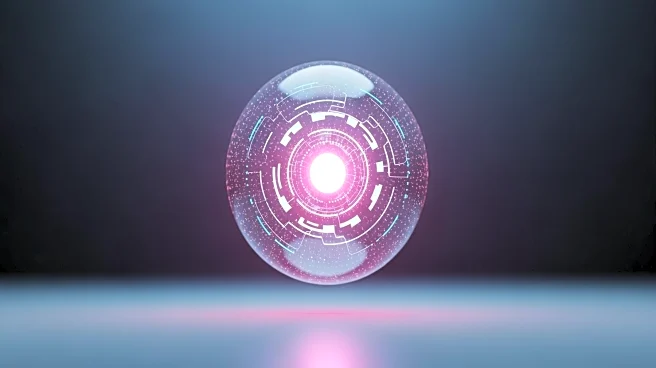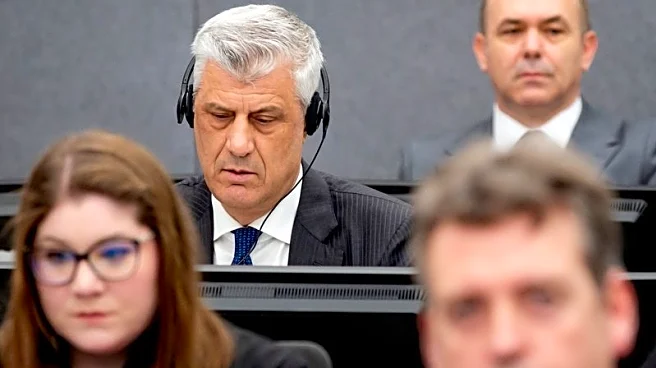What's Happening?
Actor Bryan Cranston initially expressed concerns over the use of his likeness in AI-generated videos created by OpenAI's Sora 2. These videos depicted him in various fictional scenarios, leading to discomfort about potential misuse. However, Cranston has
since praised OpenAI for improving its policies and guardrails to prevent unauthorized use of personal likenesses. OpenAI has committed to strengthening its controls and ensuring that individuals' rights are respected in the use of AI technology.
Why It's Important?
This development highlights the ongoing challenges and responsibilities tech companies face in managing AI technologies. The ability to replicate individuals' likenesses raises significant ethical and legal questions about consent and intellectual property. OpenAI's response to these concerns reflects the need for companies to proactively address potential abuses of AI and protect individuals' rights, setting a precedent for industry standards.
What's Next?
As AI technologies continue to advance, companies will likely face increased scrutiny and pressure to implement robust ethical guidelines. This may lead to more comprehensive regulations governing the use of AI in media and entertainment, ensuring that individuals' rights are protected and that AI is used responsibly.

















